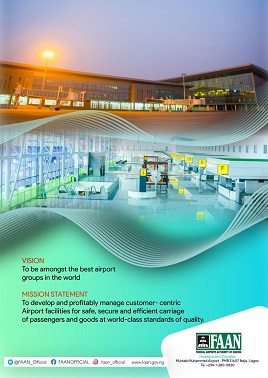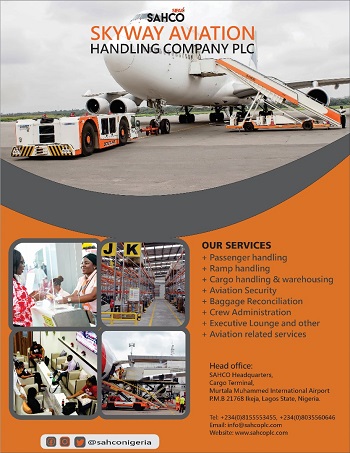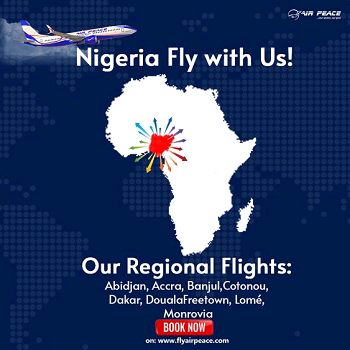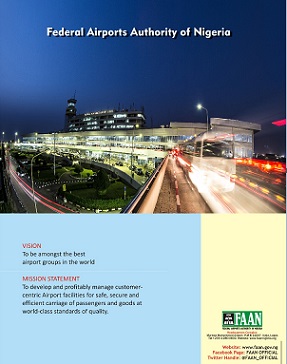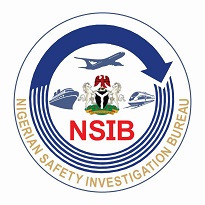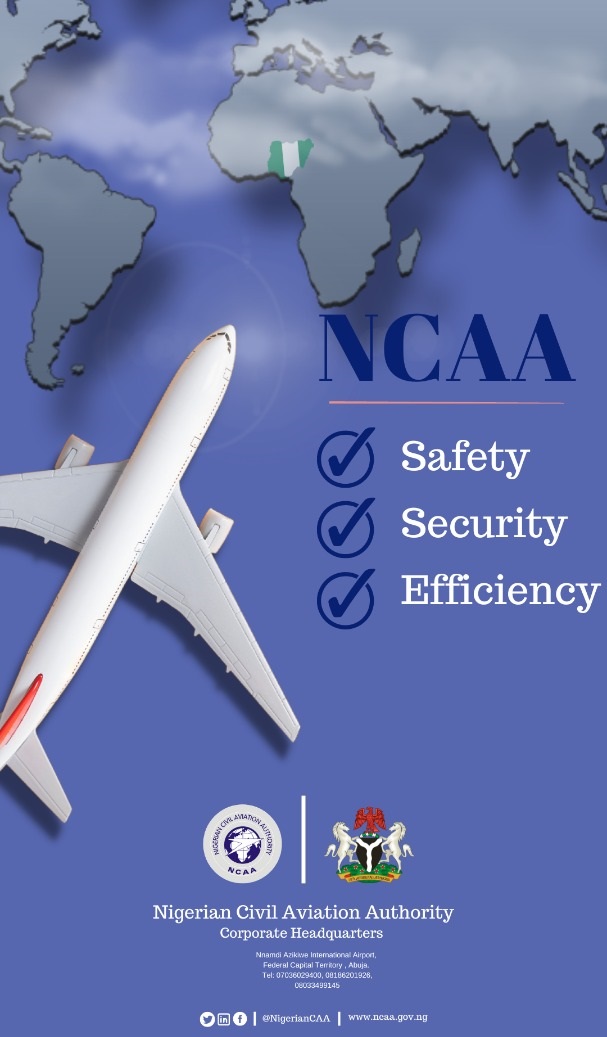
Professor of Aeronautics and Astronautics and Provost, College of Engineering, Kwara State University, Leo Daniel in this interview, among other burning issues, says government must first develop aviation to stability before talking of concession. He also says that aviation industry in Nigeria lacks in terms of a national carrier, aerospace personnel, aircraft hangar and infrastructure which could engender its growth. He however, says KWASU has pioneered a programme that will eventually revolutionise aerospace technology and aviation industry in the country. Excerpts:
Insight into KWASU’s Aeronautics and Astronautics programme
I was brought in by Kwara State University (KWASU) through the former governor then, now the Senate President, Dr. Olusola Saraki. He was actually having a vision of building aeronautics and astronautics programme. In fact it was called Mechanical and Aerospace Engineering. But when I came I put the two courses into different departments – one Mechanical Engineering and another is called Aeronautics and Astronautics which is my own area of venture because I came from Massachusetts Institute of Technology (MIT) and I see how it is done there.
We started in 2012, the aeronautics programme, being the first in the country in realistic terms. When I brought it to KWASU, they were like, ‘what’s this’. That was when Aviation College also started in Ilorin. We also had input in that. Then that time was when I came in for KWASU to start the engineering programme generally. I was appointed the Provost of College of Engineering, the position I still occupy. I saw the need for establishing Aeronautics and Astronautics programme which is in its sixth year now and the students are graduating for the first time. This is the only Aeronautics and Astronautics programme in West Africa; KWASU started first. The Nigerian Universities Commission (NUC) brought me in to craft what we call BMAS (Benchmark Minimum Academic Standard). I went there last year October/November and that became the BMAS for Aeronautics and Astronautics programme in the entire country.
We have just got accreditation in that programme and the result of that accreditation is going to be released maybe in the next couple of weeks. So aeronautics and astronautics has come to stay in Nigeria. Other universities like University of Lagos, University of Nigeria, Nsukka, University of Uyo, among others are now studying us to start the programme. In other words, we started the programme which is helping Nigerian aerospace industry and aviation industry in general. Why do I say that? When the students graduate they would be experts in helping the aerospace industry grow.
So, all these aviation institutes such as Nigerian College of Aviation Technology (NCAT) have been trying, most of our students are going there for industrial training. The Nigeria Air Force (NAF) also came in and we are working together to see how we can integrate our system together. Many things are happening as I speak. And like I said the sustainability of this programme depends on the government and even the federal government to inject more money into the programme so that we can do like the other countries.
On what aviation colleges, aeronautics and astronautics are doing
Let me tell you, aviation college is a flying school where pilots are trained to fly planes. What we are doing is bigger than that. In fact aviation college is a microcosm of aeronautics and astronautics programme. By the way KWASU is even trying to build an aerodrome in Malete and that is going to help. You can be trained as a pilot but you don’t need to know the mechanisms of the engineering programme of that plane. If you are now coming to study aeronautics and astronautics, you study engineering of aeronautics and astronautics which includes system, computations and transportation, the transportation of aircraft, launch vehicles, rocketry, satellite system and all that. The general engineering programme of aeronautics and astronautics in Nigeria is a very big deal because we don’t have it. KWASU started it and we are in the pipeline of integrated system. The system means what’s our space programme? What’s the territorial integrity of this country? What can we do? Can we generate the kind of expertise that can help us develop aerospace industry, space industry, even the sea industry, our naval system all coming together?
Achievements of the aeronautics and astronautics programme
Starting the programme alone is the greatest achievement in this country. I was shocked when I realized that there was no such thing in Nigeria. All the curricula that we set up, we helped the NUC to get this programme integrated into their curriculum and they can now send it to different universities that want to start it.
Manpower deficiency
Manpower is a difficult thing. We can’t find anyone in Nigeria. Let me give you example: Rocketry or propulsion system, we don’t have people who are trained in Nigeria. We don’t even have it in Nigeria. What we have done is to train our lecturers. We sent one to Atlanta Georgia who is now being trained for PhD in aerodynamics system. He will soon graduate. Aerodynamics system comprises all the forces that we have in aircraft, the thrust, the lift, and the weight, all these have to do with aerodynamics system of an aircraft. He is studying that aspect. We also intend sending one lecturer for further study. Give us five to 10 years from now we would have been able to get adequate manpower to man the system. Currently we have three professors in the department. We partnered with mechanical engineering to get some lecturers. Then we also partnered with the University of Ilorin, NAF and of course like I said we are training some of our staff. We are hoping that our students would be the future manpower that we are training. So we are on course.
On benefits of aeronautics and astronautics programme to aviation development
The manpower we are training with time would build the system automatically. A little drop of water would make a mighty ocean. So from where we are, we are still not achieving what we intend to have in terms of the national goal of having aviation industry but with this small step, we would actually get there. What we need is funding to train the manpower we need.
Assessment of Nigeria’s aviation industry
Do we have aviation industry in Nigeria? It is zero. Flying a plane is not aviation. Do we have health monitoring system of an aircraft? We don’t have hangar where aircraft can roll into and be checked. We don’t have even a national carrier that goes overseas. All we have is foreign aircraft that come to help us carry passengers. We don’t have airspace system, our system is porous. A small state like Ethiopia has all these things. Generally we don’t have aviation industry; that is what I can say. We don’t have even the airports; they are not adequately equipped. Mention one airport that is international in Nigeria, none. Lagos and Abuja? What do they have there? Just fly to a place like Dubai. When you get to that place, the terminal alone will tell you that there is airport. Do we have such terminal here? They have extended the Murtala Mohammed Airport but it is not enough to actually depict us. The only airport that has the longest strip in West Africa today is Uyo. Boeing 747 or Airbus 380 can actually land in that airport.
On concession of airports and setting up a national carrier
The private segment has been doing that. Take Arik Air for instance. Arik was part of the private industry to help build the transportation system but where is Arik today? This kind of thing, government must take it up first and build it to a level that is sustainable. Then you can privatise some sectors of the industry, not necessarily the entire system. But first build an airport of international standard, build a terminal of international standard, designate four terminals in the whole country.
If the government is currently doing that, they would be able to build a future of space industry. You have to generate a benchmark for the industry to grow. When you have achieved that you can now privatize it. Heathrow Airport was privatised but government is still putting a lot of money. Look at British Airways, the British Airways is privatized but the government is still owning a stake. In United State, Delta and United airlines are all private but when they experience crunch, the government still supports them to grow


